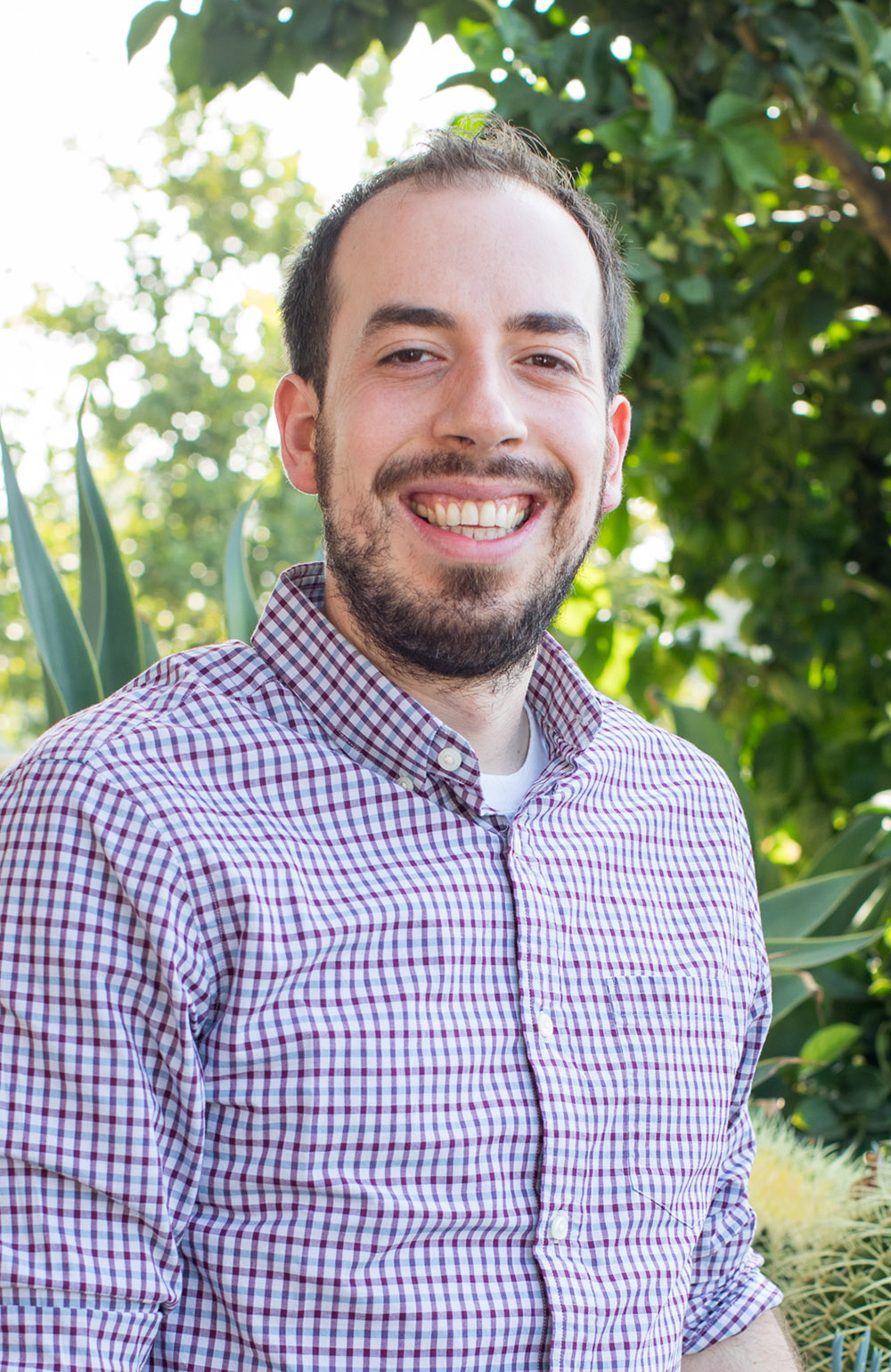Shuve Named KITP Scholar
December 12, 2017
Compared to many scientific disciplines that require specific instrumentation or a laboratory in which to conduct experiments, physics professor Brian Shuve’s research is rather unadorned. As a theorist, he says, “I need my mind, paper and pencil and a computer, but I also need a way of staying connected to the community.”
As a 2018 Kavli Institute for Theoretical Physics Scholar, Shuve will be able to strengthen this connection and advance his research.
The Kavli Institute for Theoretical Physics (KITP) at the University of California, Santa Barbara is a scientific research facility where physicists from around the world work together. The scholarship is specifically geared toward supporting faculty at undergraduate institutions by funding six weeks at the institute, usually spent in two-week increments over three years. Spending time at the institute is helpful, Shuve says, because it removes the distractions of daily work life. “It forces you to have time to focus on your research, and it energizes you, then you come back with new ideas to share.”
Shuve develops and studies new theories to explain mysteries of the universe, such as the nature of dark matter and why there exists more matter than antimatter. He also devises and implements new experimental tests to learn more about the fundamental constituents and forces of matter. For example, Shuve researches how the discovery of new particles at high-energy colliders such as CERN’s Large Hadron Collider, could shed light on the physical processes taking place in the early universe that shape the world as we see it today.
Shuve says that both the “creative and imaginative phase” of his work, as well the rigorous testing of his theories from many angles, benefit from interacting with colleagues in overlapping fields. That’s why the connection with the wider world of physics is so important.
“[The KITP scholarship] is a privilege. We could all agree to get on Skype once a week for an hour,” Shuve says. “But there’s something about the unexpected nature of the interactions, where you could be on a hike and someone brings something up and there’s an interesting discussion. It allows the possibility for new ideas or for collaboration.”
Each year, KITP offers lectures and workshops on 10 to 12 topics covering all areas of physics. Ideally, Shuve expects to visit the institute during periods when the workshops correspond to his research.
Shuve says, “The ultimate goal is that there are these outstanding questions that we have about the universe as a whole; things that there are no explanations for. I’m interested in the ways we may be missing something in our understanding of the world. I think it’s naïve to expect that for all the complex physics we see, there would be some easy answer to these questions. There could be a window into a whole new understanding of physics—or not! But we want to know.”
